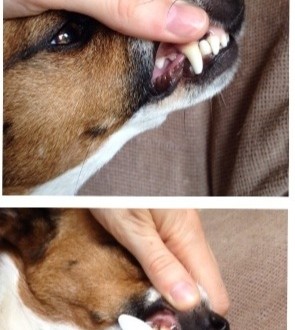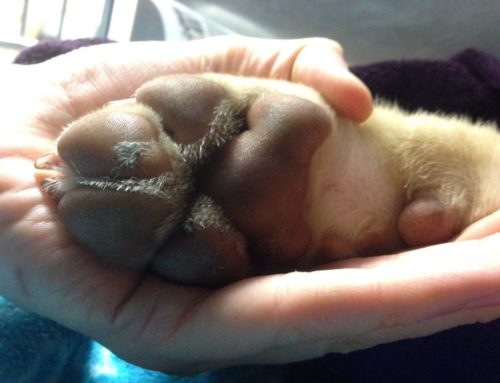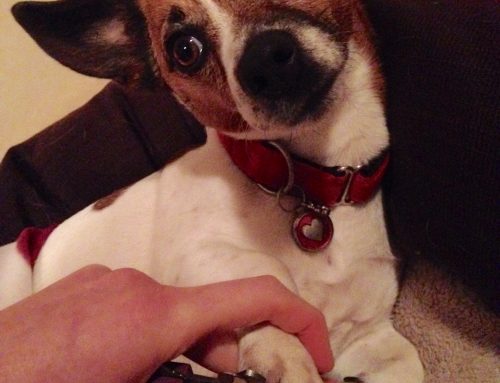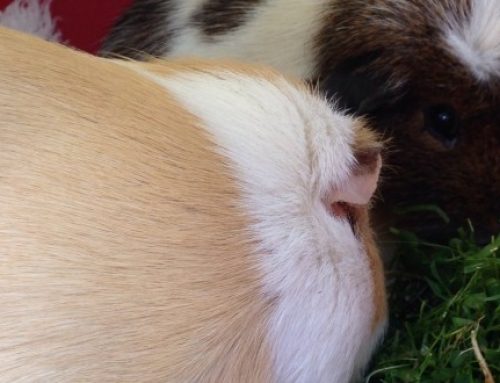DID YOU KNOW THAT…OVER 80% OF CATS AND DOGS OVER THE AGE OF 3 REQUIRE DENTAL TREATMENT
WHY CLEAN MY PETS TEETH?
Many people do not realise that dental disease is very common in pets, particularly gum disease.
Breed, age and individual tendencies are factors which affect the speed at which dental disease can develop.
Dental care should therefore be part of your daily routine and will help to ensure that your dog lives a happy and healthy life.
Ignoring the need for dental care could result in your dog’s health suffering and ultimately reduce his life. Below are some tips to follow to avoid your pet developing dental problems.
HOW DO I CLEAN MY PETS TEETH?
Toothbrushing, Daily toothbrushing should start right away to prevent gum disease and tartar developing.
A good quality human toothbrush is the best type of brush for your pet.
It is important to use pet toothpaste. These are flavoured so that pets enjoy the taste and will co-operate with toothbrushing. Pet dental products are readily available.
Most pets enjoy chewing. Select a safe rubber chew toy, such as a Kong or rawhide strip, which may also help to keep the teeth cleaner.
A pet suffering with toothache will rarely show any signs of discomfort or changes in eating behaviour. You should, therefore, regularly check the mouth for any problems. Your pets teeth should be checked by a vet at least once a year.
Things that you check for in the mouth: bad breath; red, swollen or bleeding gums; chipped or broken teeth. Also check that the gum line fits properly around all of the teeth and that there are no swollen or ulcerated areas in the mouth.
Hereditary problems such as remaining milk teeth, malocclusion (when the upper and lower teeth do not meet properly), missing teeth, crowding and overgrown gums can all make the mouth more prone to gum problems.
Puppies & kittens should have all their adult teeth by the age of seven months. All of the milk teeth should be lost by this time.





